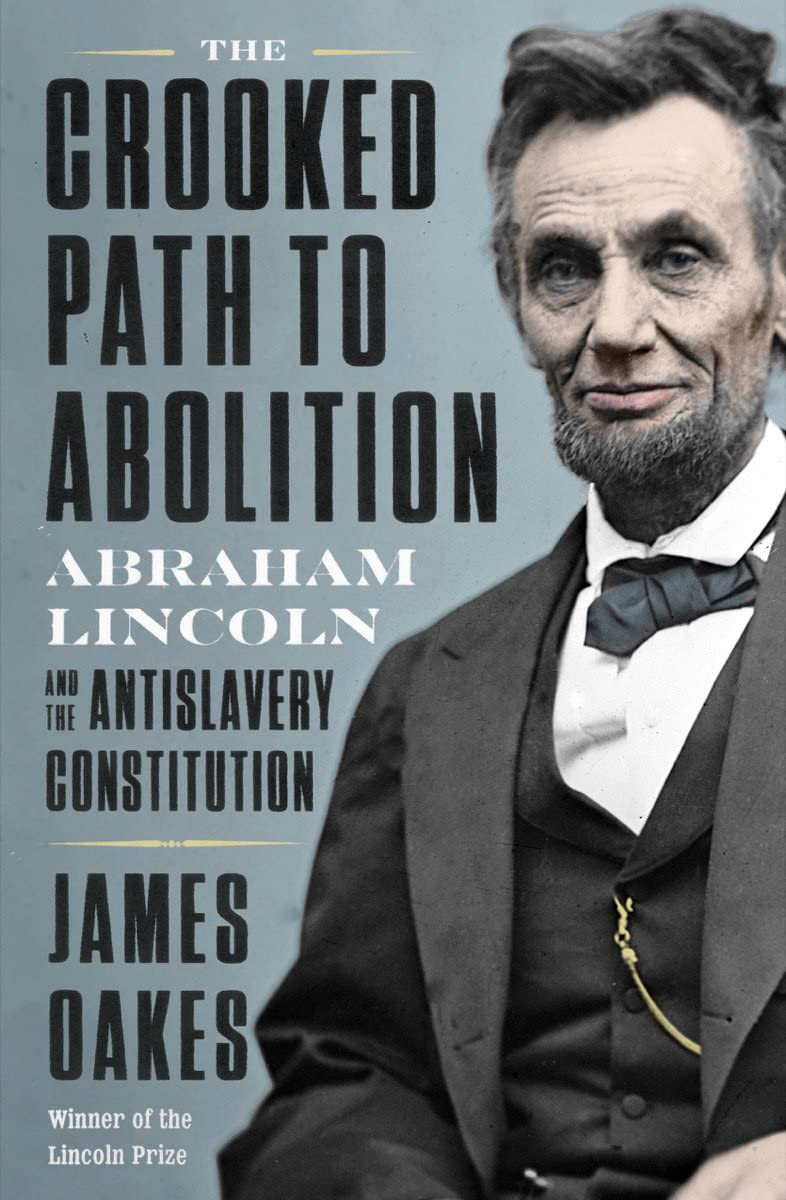In July 1848, frustrated by Congress’ inability to agree on what to do about slavery in the territories, Delaware senator John Clayton proposed a compromise. Congress, he thought, should stay out of the issue entirely and allow the status of slavery in the territories “to be settled by the silent operation of the Constitution itself.” If an issue over slavery arose within the territories, Clayton proposed, let the Supreme Court decide what the Constitution decreed. John Hale, the intrepid antislavery senator from New Hampshire, thought Clayton’s idea was ridiculous. The Constitution did not speak with one voice on slavery, Hale noted. It “was interpreted as variously as the Bible.” John C. Calhoun, the proslavery senator from South Carolina, “was for leaving the matter to the Constitution,” Hale pointed out, “because, in his opinion, the Constitution carries slavery with it.” But a different senator from a free state “construes the Constitution as meaning to secure freedom. The client of the senator from Vermont asks how is this settled?”
“Oh by the Constitution!”
“Well, that is very well, but what does the Constitution say?”
“Oh, it is a Constitution of freedom.”
“Very well, I am satisfied, as freedom is what I want.”
“In the South, the same question is asked, and the citizen there is satisfied because he is told that it carries slavery with it.”
In 1860 Abraham Lincoln ran for president on a Republican Party platform that proved Hale’s point by repeatedly invoking a Constitution that favored freedom over slavery. It proclaimed freedom to be the “normal condition of all the territory of the United States.” The Republicans did not directly call on Congress to pass a law banning slavery from the territories. What they actually said was that Congress had no authority “to give legal existence to slavery in any territory of the United States.” It wasn’t that Congress lacked the power to ban slavery, it was that Congress had no constitutional power to allow slavery into the territories. Natural law decreed that all human beings were born free, and the Constitution affirmed that principle. Its preamble secured “the promise of liberty to ourselves and our posterity.” The Fifth Amendment decreed that no person could be deprived of liberty without due process of law. Congress could, if need be, pass laws protecting the freedoms of all those residing in the territories, but it could not pass a law establishing slavery nor could it allow a territorial legislature to do so. So freedom was more than the normal condition of the territories, it was the constitutionally protected condition of the territories. That’s because the Constitution—the Constitution as Lincoln and the Republicans understood it—was an antislavery document. The founders had made compromises with slavery in order to create the Union, but those proslavery clauses were exceptions in a Constitution whose general rule was freedom. This was antislavery constitutionalism, and it saturated the Republican Party platforms of 1856 as well as 1860.
